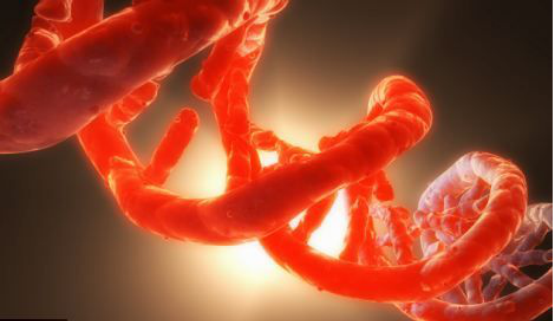In the early morning of the 24th, Science Translational Medicine published the article "Targeting VCP to enhance the anticancer effect of oncolytic virus M1", marking the important progress of Professor Yan Guangmei and his team at the University of Sun Yat-Sen in the study of oncolytic virus M1. It is understood that the research results of the team are mainly reflected in three aspects: First, the research team has demonstrated the safety of oncolytic virus M1 using non-human primate cynomolgus monkeys. It is reported that they injected the virus 18 times in the cynomolgus monkey, and closely recorded the daily performance and biochemical indicators of the cynomolgus monkey. The results showed that the cynomolgus monkey did not have any bad performance within half a year. The research team further conducted an MRI examination and the results were not abnormal. Second, the research team discovered an oncolytic virus M1 potentiator with precise biomarkers. In the experiment, the researchers found a class of small molecule compounds in hundreds of clinical anti-tumor small molecule chemicals, which can significantly enhance the anti-tumor activity of M1, an increase of up to 3600 times. In addition, the team has validated the effectiveness of this compound on mouse liver and tumor cell culture tissues. Finally, the team also demonstrated that the oncolytic virus M1 can cause an infighting effect between tumors. Oncolytic virus M1 can induce tumor cells to release cytotoxic factors, thereby killing tumor cells that are not infected with oncolytic virus M1 around these cells, and then researchers use second mitochondrial activating factor analogs (SMCs) in combination with these cytokines to enhance The killing effect of cytokines. The academic community calls this effect a "bystander effect." Existing tumor cell killing methods include direct killing of drugs and immune cell-mediated killing, and this SMCs and oncolytic virus M1 jointly trigger the "self-phase killing" between tumor cells, which can be considered as a tumor killing. A new way. It is reported that the research has attracted the attention of patients and leaders of Guangzhou Province and won the support of the national “13th Five-Year Plan†for major new drug creation technology. At this stage, Professor Yan Guangmei's research group is conducting preclinical research before the new drug application. He said that it is expected to apply for clinical trial approval in 2018 and formally enter the clinical trial stage. At that time, some patients will be able to use this drug first. Home Decorative Flash Liquid Fire Extinguisher Home Decorative Flash,Liquid Fire Extinguisher,Decoration Extinguisher,Large Fire Extinguisher DONGGUAN TENYU TECH.INC , https://www.tenyutech.com

Sun Yat-sen University has made new progress in the study of oncolytic virus M1, bringing dawn to cure tumors
